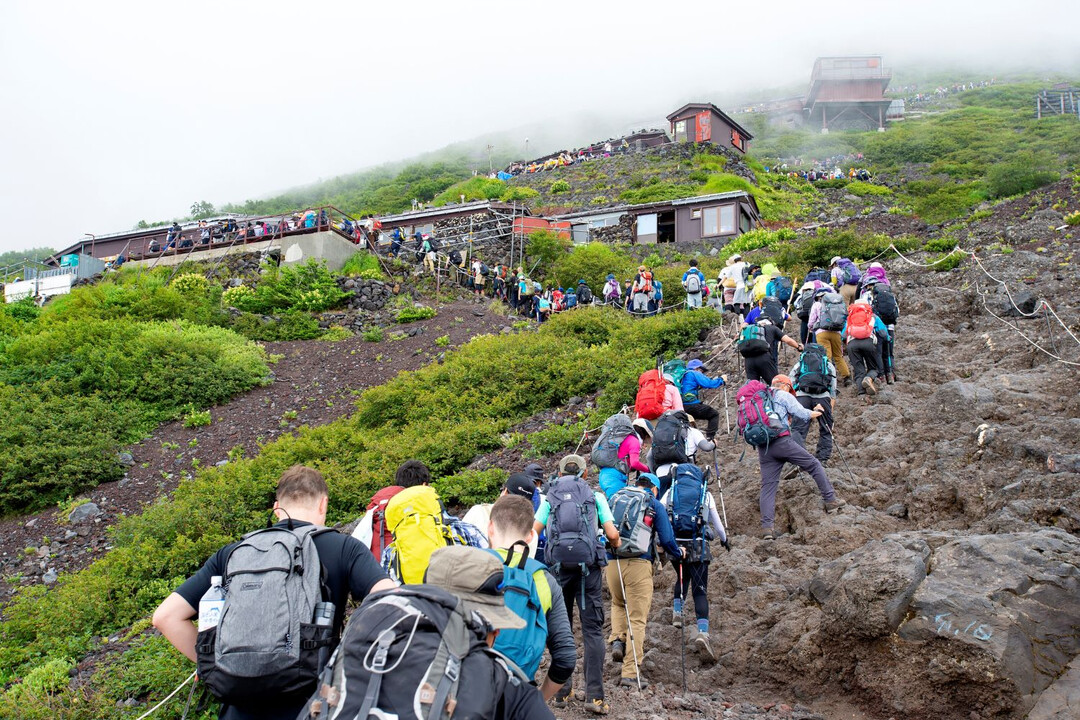
MOUNT FUJI, Japan – In an effort to mitigate the growing problems of overtourism and environmental degradation, Shizuoka and Yamanashi prefectures, which share the iconic Mount Fuji, have announced new, stricter regulations for the 2025 climbing season (July to September).
The most significant change is the doubling of the mandatory permit fee to 4,000 yen ($27). Additionally, climbers will be required to book their slots online, as daily visitor numbers will be capped at 4,000. This measure aims to control the influx of tourists that have transformed the UNESCO World Heritage site into what some describe as a "trash mountain."
"By strongly promoting comprehensive safety measures for climbing Mount Fuji, we will ensure that Mount Fuji, a treasure of the world, is passed on to future generations," stated Koutaro Nagasaki, governor of Yamanashi Prefecture, emphasizing the need for sustainable tourism.
Beyond managing crowds, authorities are also addressing safety concerns. Shizuoka prefecture will implement a mandatory safety class and test for prospective hikers, ensuring they are aware of local rules and proper hiking procedures. This comes in response to numerous incidents involving climbers with inadequate gear, such as sandals and flip-flops, and insufficient supplies.
To further regulate traffic, Mount Fuji will be closed to climbers from 2 p.m. to 3 a.m. daily, except for those staying overnight in designated mountain huts along the trails. This aims to prevent dangerous attempts to summit the mountain in a single day.
These new regulations reflect a broader trend in Japan, where popular tourist destinations are grappling with the challenges of balancing tourism revenue with the negative impacts of overtourism. The Itsukushima Shrine in Hiroshima and the snowy town of Otaru have also implemented measures, such as entry fees and increased security, to manage visitor numbers and behavior.
The issue of unruly tourist behavior is not unique to Japan. Recent incidents worldwide, including the theft of a baby wombat in Australia, a man attempting to carry a live turtle through airport security in the U.S., and diners urinating in a restaurant's hotpot in China, highlight the global nature of this problem. Even in Ireland, efforts are underway to prevent tourists from inappropriate touching of the Molly Malone statue. Furthermore, recent airline incidents, including biting, shoving, and disruptive behavior, demonstrate a growing trend of in-flight disturbances.
Japan's new regulations on Mount Fuji represent a proactive approach to preserving a cultural and natural treasure while addressing the challenges posed by the increasing number of global travelers.
[Copyright (c) Global Economic Times. All Rights Reserved.]



























